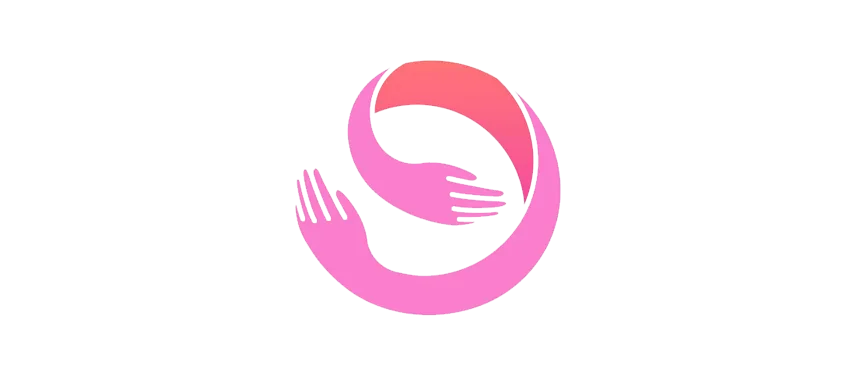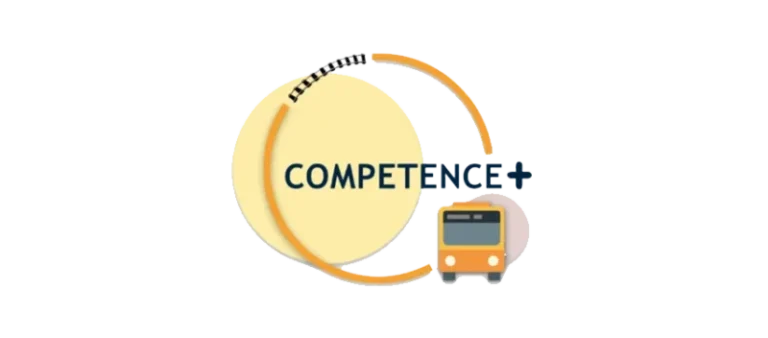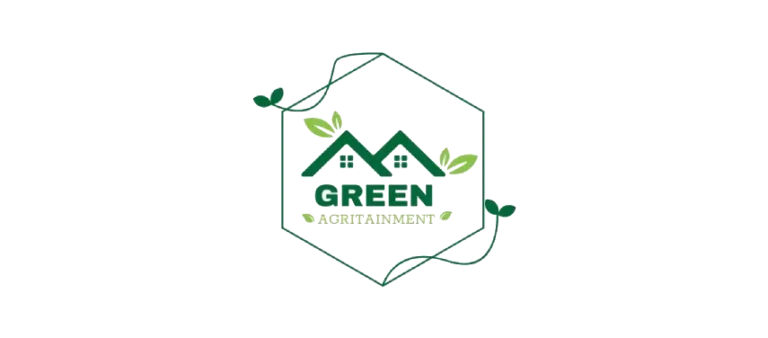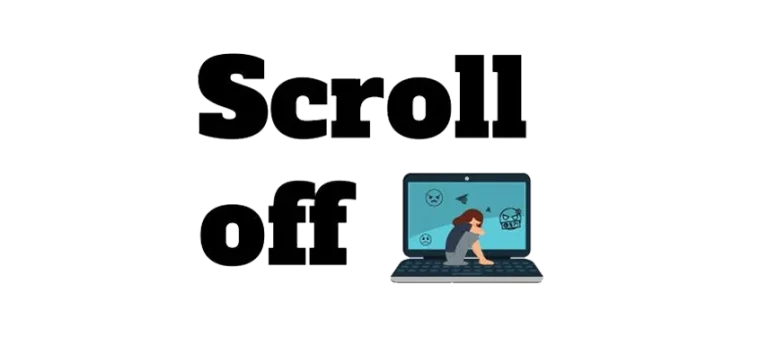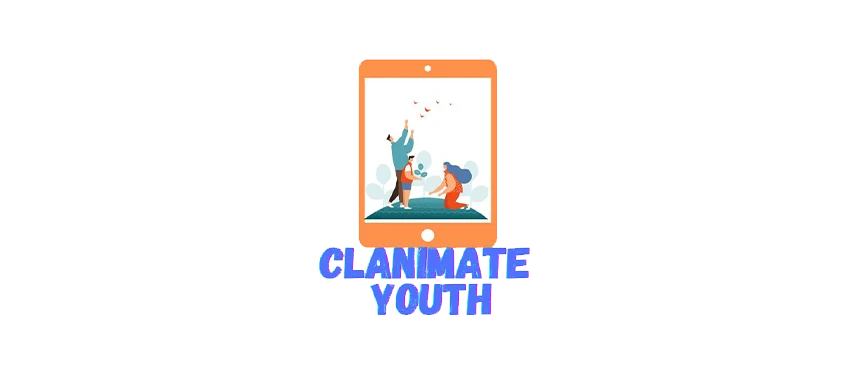
CLANIMATE YOUTH
Empowering Young People To Tackle Climate Change Through The Use Of Animation Tools
The global warming recorded in mainland France over the last century is about 30 % greater than the average warming throughout the globe. The average annual temperature has risen by 0.95 °C compared to 0.74 °C globally. These values are even higher for only the second half of the 20th century: increase of 1.1 to 1.5 °C over the period 1950-2000 (ONERC, 2007/2009), or 1.5 °C over the period 1959-2009 (Ribes et al., 2016).
Over the period 1961 – 2015, changes were studied in observed extreme events in the French Mediterranean in terms of their intensity, frequency, extent and precipitated volume and analysis shows an intensification of the most extreme events over the last decades, probably due to man-made climate change (Ribes et al., 2019).
Therefore, in France education, training and public awareness on environmental issues seem imperative, especially for young people. International frameworks on climate change and sustainable development policies, support youth education and participation, as major stakeholders, in responding to climate change (United Nations Conference on Environment and Development, Agenda 21). Youth participation promotes active citizenship and the empowerment of future generations to engage in environmental governance, including climate change governance. The UNFCCC, through its Article 6 on Education, Training and Public Awareness, calls on governments to implement educational and training programs on climate change to educate, empower and engage all stakeholders. The Doha Work Programme on Article 6 of the Convention adopted in 2012 has also targeted youth as a major group for effective engagement in the formulation and implementation of decisions on climate change.
Unfortunately, presently, actual implementation of policies at regional or national/local levels is typically lacking or insufficient, especially in developing countries (Narksompong & Limjirakan, 2015). A growing body of empirical research and practice is emerging that emphasises young people’s capacities to influence and participate directly in efforts to learn about, prevent, prepare for, cope with and adapt to climate change and extreme events (Tanner et al. 2009; Haynes, Lassa, and Towers 2010; Walker et al. 2012).
In this context, CLanIMATE Change project could contribute to young people’s increase of awareness and empower them in tackling climate change through short animation production, as an effective tool that can give voice to young people in policy debates on climate change. According to Lunch and Lunch (2006, 10), animation production is an easy way of bringing people together to explore issues, voice concerns or simply to be creative and tell stories. Indeed, animation approach enables youths to be in charge of their learning process (Waite and Conn 2011) and allows them to learn in an interactive environment between them, the community and their trainers (Youth workers).
CLanIMATE Change youth project will encourage youth to study climate change issues, their causes, consequences and solutions, as viewed by them and their community (Sandercock and Attili 2010; Garrett 2011). The process of animation development and screening would be an effective driver for social change and the end result will be used as a medium to promote youth participation in public awareness and active citizenship to empower people engage in environmental governance, including climate change governance.
Project Objectives
Having as target group youth workers and young people, we propose a project with the following objectives:
• To provide an accessible way for young people to take action on climate change, through deepening their understanding, engaging and motivating their wider community, and also shaping and creating their own animation, in order to communicate their messages and perspectives to decision-makers and the public.
• To deliver training courses to directly train the target group (young people) in a set of skills and key competences related to animation production as a means of raising young people’s voice, and deliver these courses to a target group of Youth workers, in order to amplify and perpetuate their ripple effect. International cooperation within the framework of this project is an important factor that will allow partners to present, according to their expertise, a complete training in skills and competences needed to develop an animation as a tool to empower young people to tackle climate change.
Youth from different countries will have the chance to meet, exchange experiences, concerns and recommend common actions to tackle the negative impacts of climate change for a more sustainable future for them and the generations to come. This will be the starting point for the delivery of a comprehensive tool for youth, having a trans-European character, which can be utilized as a means of rising voices,’ mobilization and policy dialogue development on local, national and international level.
| Organization Name | Country |
|---|---|
| ASSOCIATION FENÊTRES | France |
| STANDO LTD | Cyprus |
| EURO-NET | Italy |
| ASOCIACION DE INVESTIGACION DE LA INDUSTRIA DEL JUGUETE CONEXAS Y AFINES | Spain |
Disclaimer: This project has been funded with support from the European Commission. This publication reflects the views only of the author, and the Commission cannot be held responsible for any use which may be made of the information contained here.
